Is Spray Foam Insulation Waterproof? Closed-Cell vs Open-Cell + Moisture Guide
When people ask “Is spray foam insulation waterproof?”, what they usually mean is: Will it stop water intrusion and protect insulation performance if the area gets damp? The short answer is that spray foam—especially closed-cell spray foam—can be highly water-resistant and can help block air and water intrusion in many building assemblies. However, “waterproof” depends on foam type, thickness, and the real moisture conditions (humidity vs bulk water vs flooding).
In this article, you’ll learn the practical difference between waterproof and water-resistant, how open-cell and closed-cell spray foam behave with moisture, and how to install spray foam so it supports long-term durability—especially in basements, crawl spaces, rim joists, and rooflines.

Waterproof vs Water-Resistant: What’s the Difference for Spray Foam?
When it comes to spray foam, the most accurate way to think about “waterproof” is usually water-resistant performance in a specific assembly, not a blanket promise for every situation.
Closed-cell spray foam: In most residential use cases, closed-cell foam is considered water-resistant. When applied correctly, it can help reduce water intrusion through cracks and gaps, while also acting as a strong air barrier. At sufficient thickness (depending on the product and specs), it may also function as a vapor retarder, which can support moisture control in sensitive areas.
Open-cell spray foam: Open-cell foam is generally not a good fit for bulk-water risk areas because it’s more moisture-permeable and can absorb water. In below-grade or damp-prone conditions, it can be incompatible with common moisture-control requirements, so it’s typically reserved for above-grade assemblies where bulk water exposure isn’t expected.
Takeaway: If your goal is moisture resistance in places like basements, crawl spaces, rim joists, or other damp assemblies, closed-cell spray foam is usually the correct starting point—not open-cell.
Why Moisture Resistance Matters in Insulation
Moisture problems don’t just cause visible damage—water can reduce insulation performance and create conditions for mold and material deterioration. If insulation gets wet, it may lose effectiveness and can contribute to indoor air quality issues.
Spray foam can help here because it doesn’t behave like fibrous insulation that relies on trapped air pockets alone. Closed-cell foam forms a dense structure that helps resist moisture intrusion and reduces air leakage pathways that often carry humid air into cavities.
Open-Cell vs Closed-Cell: Which One Handles Water Better?
Below are typical use cases—always confirm code and assembly requirements for your climate.
Closed-Cell Spray Foam (best for damp-prone areas)
Closed-cell foam has a tighter cell structure and higher density, which helps it resist water movement and moisture intrusion. In moisture-sensitive locations—like rim joists, crawl spaces, and some basement assemblies—closed-cell foam is commonly selected for the combination of air sealing + moisture resistance.
Best uses (typical)
-
Rim joists and band joists
-
Crawl space walls/edges (assembly dependent)
-
Basements and foundation-related assemblies where moisture control is critical
Open-Cell Spray Foam (not for bulk water exposure)
Open-cell foam is more moisture-permeable. That can be acceptable in some above-grade wall and roof assemblies when designed correctly—but it’s typically not the right choice for below-grade environments or areas with bulk water risk. DOE spray foam guidance explicitly flags open-cell SPF as “not acceptable” in many below-grade scenarios because of moisture permeability.
Best uses (typical)
-
Above-grade interior cavities where bulk water isn’t expected
-
Some roof assemblies when installed according to prescriptive constructions (assembly-dependent)
Factors Affecting Spray Foam Insulation's Water Resistance
Spray foam insulation—especially closed-cell—can be highly water-resistant in many assemblies, but performance depends on foam type, thickness, continuity, and installation quality.

1) Foam type (open-cell vs closed-cell)
Closed-cell resists moisture far better; open-cell is more permeable. This single choice often determines whether “waterproof” is realistic for the location.
This article on closed-cell vs. open-cell spray foam explains the peculiar benefits of both types of spray foam insulation.
2) Thickness (and continuity)
Water resistance improves when foam is applied at sufficient thickness and—more importantly—continuously without breaks. Thin foam in patchy areas may air seal some gaps but still allow water pathways elsewhere.
3) Installation quality (mixing, adhesion, coverage)
Poor installation can leave voids, shrinkage, or unsealed penetrations—creating hidden leak paths that defeat the point of using foam for moisture control.
4) Gaps, voids, and penetrations
Bulk water finds the weakest point. A single unsealed penetration or seam can undermine the performance of an otherwise “water-resistant” layer.
Where Spray Foam Can Help with Water and Moisture
Basements and foundation areas
Closed-cell spray foam is often chosen because it can reduce air leakage (which drives condensation) and add moisture resistance in an area where dampness is common. Open-cell is frequently avoided below grade due to moisture permeability concerns.
Crawl spaces
Crawl spaces are humid and often have seasonal moisture. Closed-cell foam is typically favored because it helps with both air movement and moisture intrusion.
Rooflines and attic assemblies
UV exposure and coatings matter for exposed applications. Spray polyurethane foam can be used in roof assemblies, but foam roofs and roofline applications often rely on protective coatings and correct assembly design to manage moisture and UV exposure.
When Spray Foam Is NOT a “Waterproofing Replacement”
Even closed-cell foam should not be positioned as a substitute for:
-
Exterior foundation waterproofing systems (membranes, drainage mats, weeping tile systems)
-
Fixing active leaks or hydrostatic pressure issues
-
Flood-proofing a building
If you have bulk water entry (visible leakage), the priority is solving the water source and drainage first; spray foam is an insulation/air-control layer, not a full waterproofing system.
What are the Benefits of Waterproof Spray Foam Insulation?
Benefits of waterproof spray foam insulation include :
- Improved energy efficiency
- Increased Durability
- Eliminates Condensation

Improved Energy Efficiency
Waterproof spray foam insulation improves energy efficiency by maintaining a consistent building temperature. In addition, waterproof spray foam insulation provides excellent thermal resistance by sealing holes, gaps, and crevices that cause building leakages and heat loss.
Increased Durability
Waterproof spray foam insulation offers more durability than other insulation methods. Spray foam insulation is long-lasting, and it does not shrink over time. Waterproof spray foam insulation maintains the structural integrity of the building. For example, a roof insulated with waterproof spray foam will last longer.
Eliminates Condensation
Condensation in buildings is a result of moisture buildup. Waterproof spray foam insulation helps to eliminate condensation that can lead to mold growth and mildew. Spray foam insulation is one of the most reliable ways to deal with condensation problems in your home.
How to Ensure Proper Installation of Waterproof Spray Foam Insulation?
Proper installation of waterproof foam insulation is essential to its effectiveness. When done right, waterproof spray foam is the right insulation system for any building. However, it can be messy when not properly installed. The following guidelines will help you ensure the proper installation of waterproof spray foam insulation:

Hire a Professional or DIY
Voids and missed penetrations are the most common failure points. To get the best out of expanding foam insulation, you need the services of a licensed professional. However, you can carry out foam insulation as a DIY project. Licensed professionals have the necessary equipment and training for a successful installation.
Prepare The Surface
Before installing waterproof spray foam insulation, make sure the surface is dry and clean. Debris, dust, and even moisture should be removed before applying the insulation.
Applying the Insulation
When installing waterproof spray foam, fill all gaps, holes, and voids. In addition, spray foam should cure properly to prevent the release of toxins.
Ensure Proper Ventilation
Proper ventilation is vital when installing waterproof spray foam to protect you from the release of harmful chemicals. In addition, proper ventilation prevents the accumulation of moisture that can lead to mold growth in the building.
Inspect The Insulation
After installation, the next step is to inspect the insulation to make sure the spray foam is applied correctly.
Maintain The Insulation
Proper maintenance of insulation is essential to ensure its effectiveness over time. Any damages or deterioration should be checked regularly and repaired or replaced as needed.
How Do I Choose the Right Spray Foam for Moisture Resistance and Air Sealing?
Choosing the right spray foam depends on the assembly (roofline, walls, garage, crawl space), the moisture conditions (humidity vs potential bulk water), and the performance goal (air sealing, thermal resistance, and added moisture control). Product quality and correct application also matter—especially thickness and continuous coverage.
If you’re looking for a closed-cell option to support moisture resistance and strong air sealing, Kraken Fast Coat Spray Foam is designed for versatile use across common areas like roof, garage, wall, and crawl space insulation. It provides an R-value of 5.66 per 1-inch thickness (product specification). For an easy DIY application, you can order Kraken Fast Coat and follow the recommended installation steps for best results.

FAQs
What type of expanding foam is waterproof?
For insulation-grade foam, closed-cell spray foam is typically the moisture-resistant option and is often used where water intrusion resistance matters.
Is open-cell spray foam insulation waterproof?
Open-cell foam is generally not considered waterproof in bulk-water risk areas and may absorb water; it’s often not acceptable below-grade in many cases due to moisture permeability.
Is closed-cell spray foam insulation waterproof?
Closed-cell foam is typically highly water-resistant and can help block water intrusion in many assemblies, but it should not be positioned as a full replacement for dedicated waterproofing systems or leak repair.
Can spray foam insulation get wet?
Yes—any material can be exposed to moisture. Closed-cell foam generally tolerates moisture better than open-cell, but if there is active leakage, you should solve the water source first.
Does spray foam insulation seal out water?
Closed-cell foam can significantly reduce water and air intrusion through gaps and cracks when installed correctly, but “sealing out water” depends on continuity, thickness, and the broader assembly design.
Author : Krakenbond Team


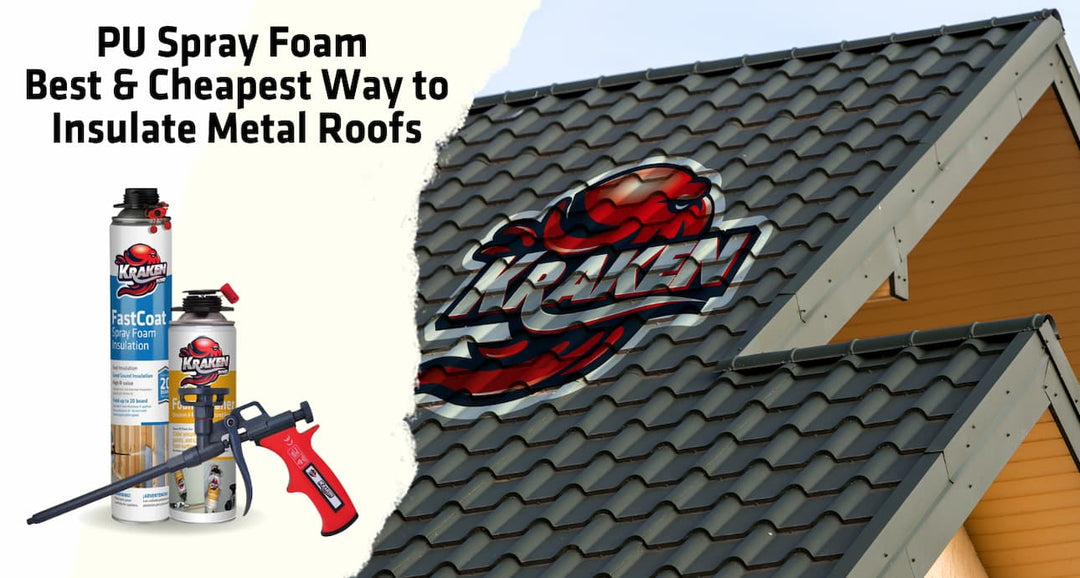

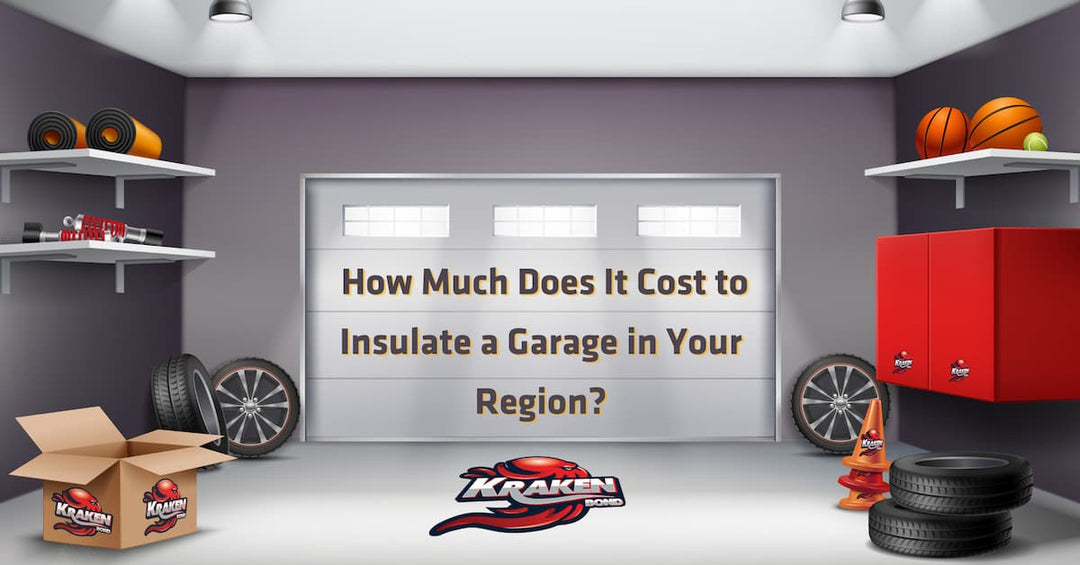










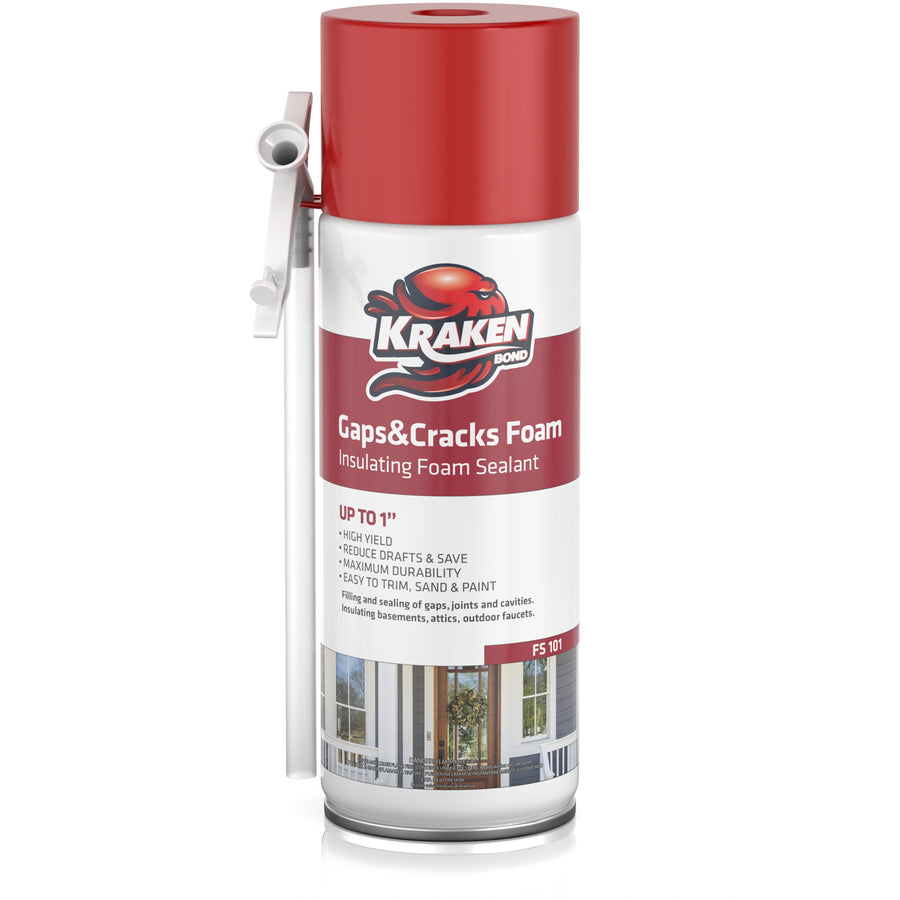
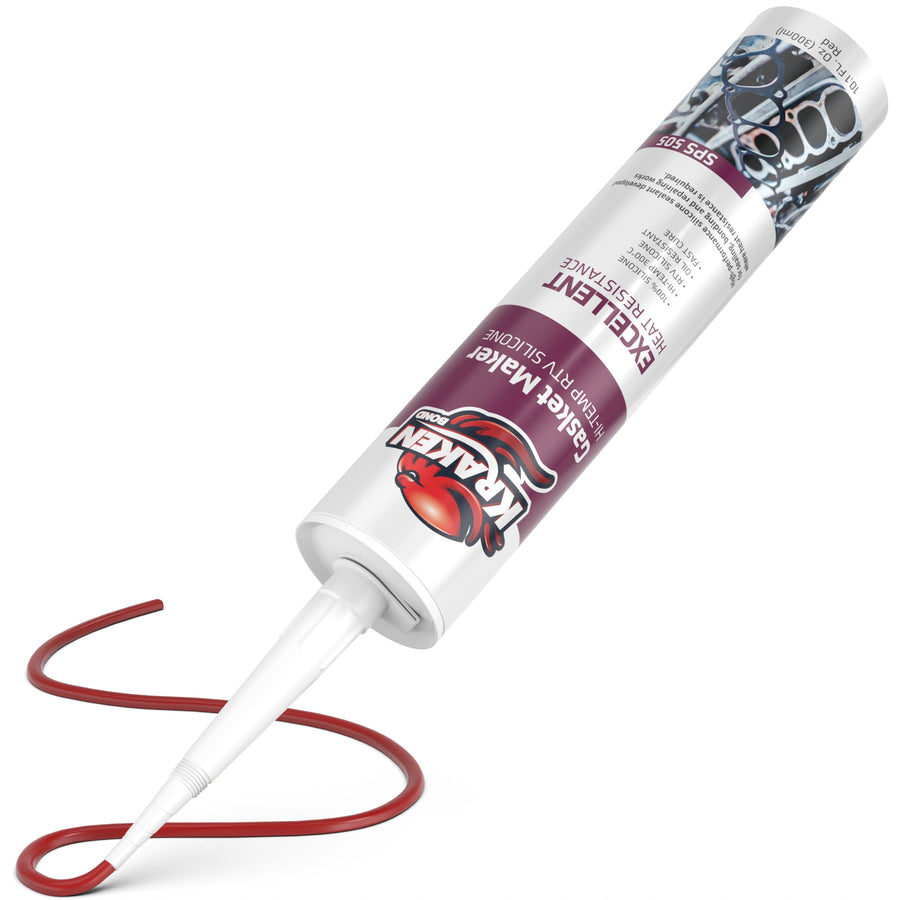
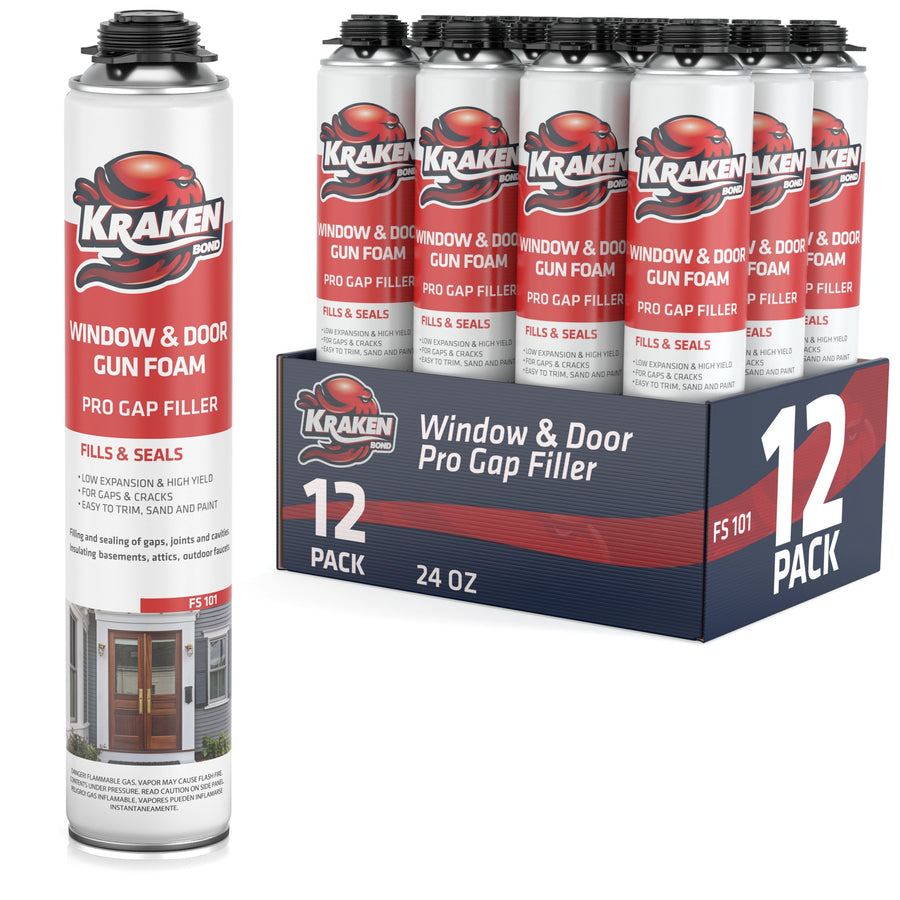
Leave a comment